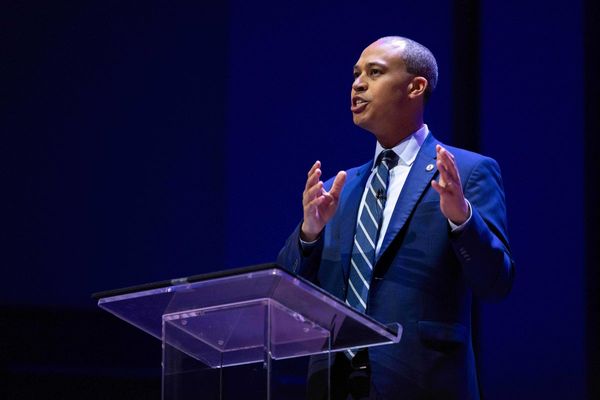"You keep willing him to examine himself more closely, or just come up with better jokes," wrote the Daily Telegraph's Sameer Rahim about Stephen Fry's More Fool Me; "but in this pretty lazy effort there is precious little of the Fry we once loved", and "at £25, it is poor value". Lynn Barber agreed in the Sunday Times: "The first 60 pages are a recap of his first two memoirs, the last 140 pages a chunk of his 1993 diary, and he throws in an old Spectator lecture for extra padding … This memoir probably took him all of a fortnight to assemble." Roger Lewis, in the Times, wearily treated the book's drug confessions as its author's latest "way of being rebellious", another attempt to "shake off his cuddly national treasure status". The London Evening Standard's David Sexton was equally unimpressed: "The book really just has one theme, his 15-year cocaine habit … He hopes he is having a dialogue with his reader but fears it might just be a monologue he is delivering. It is a monologue." In the Daily Mail, Christopher Stevens made an overt bid for the Hatchet Job of the Year award. Outraged that the memoir proved to be "a protracted love letter" to cocaine, he complained that "the truly nauseating thing about Fry's druggy posturing is that, in the very same book, he sets himself up as a moralist".
In contrast, reviews of Grayson Perry's "personal journey through the art world" Playing to the Gallery were much more favourable. Although she noted that Perry's Reith lectures "form the basis of this jaunty little book", Lynn Barber, again in the Sunday Times, was markedly more indulgent to the potter than the TV presenter: "I have never read such a stimulating short guide to art. It should be issued as a set text in every school." In the Times, Melanie Reid applauded Perry for having "demythologised, warmly and wittily, contemporary art"; and the Observer's Tim Adams enthused that when Perry writes "I firmly believe that anyone is eligible to enjoy art or become an artist"; you are "convinced that he believes it and lives by it". Less welcoming, though, were the Spectator's Alastair Smart – "time after time he appears on the verge of a telling point but opts for a gag instead" – and the Independent's Marcus Field, who similarly slated his "cheeky chappy approach".
Shami Chakrabarti's On Liberty, wrote the Observer's Yasmin Alibhai-Brown, is "a vital book that should be read by all our citizens. I hope it [will make] Britons start to care about the rights they have accumulated since the Magna Carta – before it is too late." While she had discreetly voiced caveats, other reviewers had bigger reservations. In the Daily Telegraph, Ben Wilson admired Chakrabarti's accounts of her organisation's campaigns, but found it "a pity" that, despite the echo of John Stuart Mill's title, "there is scarce mention of anything or anyone before 2001 and she does not venture far from Liberty's work to explore the rich concept of freedom". Even less impressed was the Sunday Times's Jenni Russell, who called the book "a strangely uneven, ponderous thing, lurching from one subject to the next", with sometimes "weak" arguments and "leaden" prose – "there are beautiful and rousing passages here, but they are all quotes from other people".







